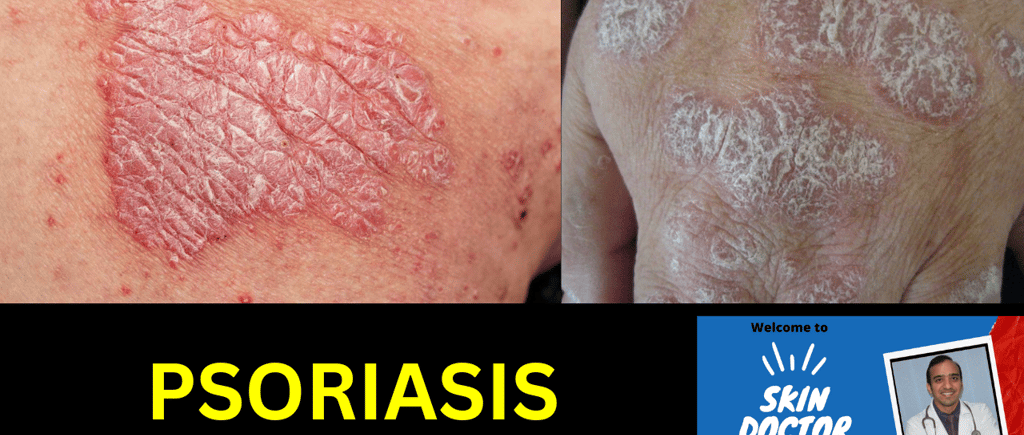Psoriasis: everything you need to know
Understand psoriasis
Dr.Sujith karimbil
8/13/20232 min read
can psoriasis be cured by YOGA watch video :https://youtu.be/mqijgPZOrnQ


Understanding Psoriasis: A Comprehensive Guide for Patients
Introduction: Psoriasis is a chronic skin condition that affects millions of people worldwide. While it can be physically and emotionally challenging, understanding the basics of psoriasis is crucial for effective management. This comprehensive guide aims to provide patients with essential information about psoriasis, including its causes, symptoms, types, treatment options, and practical tips for living with this condition.
What is Psoriasis? Psoriasis is an autoimmune skin disorder where the immune system mistakenly attacks healthy skin cells, leading to an accelerated growth cycle. This results in the accumulation of skin cells on the surface, causing raised, red patches covered with silvery scales.
watch Video :
Common Symptoms:
Plaque Formation: Raised, reddish patches covered with silvery-white scales.
Itching and Discomfort: Lesions can be itchy, causing discomfort.
Nail Changes: Pitting, discoloration, and separation of nails from the nail bed.
Joint Involvement: Psoriatic arthritis can cause joint pain and swelling.
Types of Psoriasis:
Plaque Psoriasis: The most common type, characterized by red patches and silvery scales.
Guttate Psoriasis: Small, drop-shaped lesions often triggered by infections.
Inverse Psoriasis: Affects skin folds, such as armpits, groin, and under breasts.
Pustular Psoriasis: Involves pus-filled blisters on the skin.
Erythrodermic Psoriasis: Rare but severe, causing widespread redness and shedding of skin.
Causes and Triggers: The exact cause of psoriasis is still under investigation, but it's known to involve genetic and environmental factors. Common triggers include stress, infections, weather changes, and certain medications.
Treatment Options:
Topical Treatments: Creams, ointments, and shampoos containing corticosteroids, vitamin D analogs, and retinoids.
Phototherapy: Controlled exposure to ultraviolet light can reduce inflammation.
Systemic Medications: Prescription medications that suppress the immune response.
Biologic Therapies: Targeted medications that inhibit specific immune responses.
Practical Tips for Managing Psoriasis:
Moisturize Regularly: Keep your skin hydrated to prevent dryness and itchiness.
Avoid Triggers: Identify and minimize triggers that worsen flare-ups.
Manage Stress: Stress reduction techniques like yoga and meditation can help.
Maintain a Healthy Lifestyle: Eat a balanced diet, exercise regularly, and get enough sleep.
Sun Protection: While sunlight can help, protect your skin from excessive sun exposure.
Open Communication: Discuss your condition with your healthcare provider to find the best treatment plan.
Emotional Well-being: Psoriasis can impact emotional health due to its visible nature. Seek support from friends, family, or counseling if needed. Connecting with patient support groups can provide insights and coping strategies.
Conclusion: Understanding psoriasis is essential for effective management and improved quality of life. By recognizing symptoms, triggers, and treatment options, patients can work alongside healthcare providers to develop a personalized approach to managing their condition. Empower yourself with knowledge and take proactive steps toward managing psoriasis and achieving healthier skin and overall well-being.
